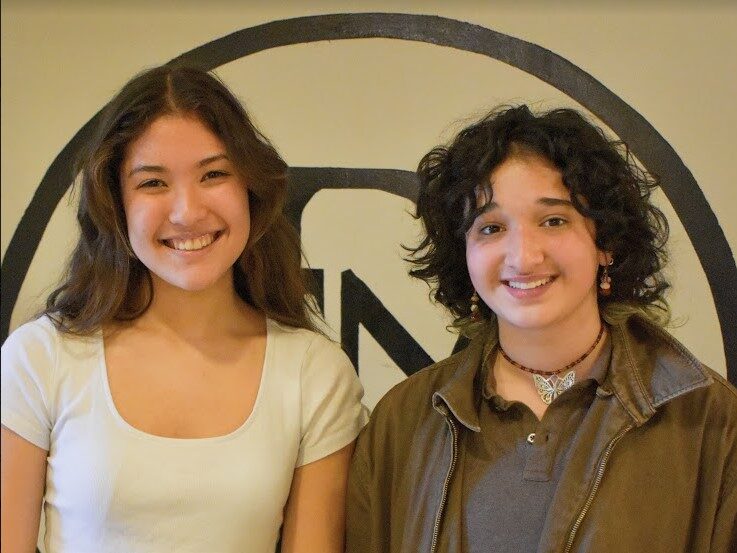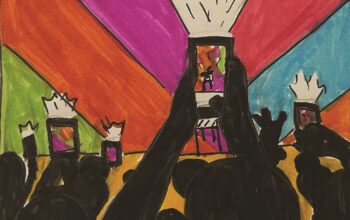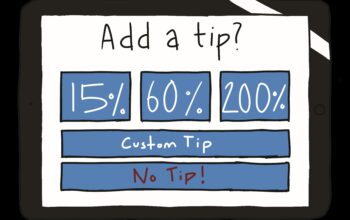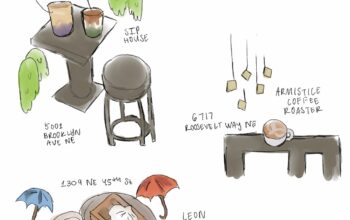
Editors-in-Chief, Ula Ekmecic and Rona Eslamy
More than a national tragedy, the recent mass shootings at Robb Elementary in Uvalde and at a Tops supermarket in Buffalo have reopened a sore wound on the American body politic: debate over the Second Amendment.
In a predominantly liberal environment, many of us wield ‘gun control’ or ‘universal background checks’ as shields, or — perhaps more accurately — bandaids, as we rationalize with peers over gun reform laws. For others, these words may spark a desire to protect what is felt to be a constitutional right.
Both killings have left us with the age-old and overwhelming question: how do we meet eye-to-eye and hold space for each other when our conversations stretch across the political divide — when more than hurt feelings, but real lives are at stake?
Patience, active listening, empathy, and even love often define the ingredients necessary for a productively-uncomfortable conversation. Yet in practice, these tools can be painstakingly elusive.
In April, I (UE) sat down with a very close friend over brunch — she’s Republican, a devout Protestant, and conservative; all of the things I am not. We talked about politics, ate our açaí bowls, and remained calm.
How? The key to having such a hard conversation was finding a shared, broad goal: it could be alleviating poverty, increasing opportunities for the working class, or reducing gun violence.
We then explained our differing views on how we could get there, listening intently without interrupting. I would try to verbally repeat her train of thought, to make sure I understood and to show that I valued her voice enough to listen. Then came our trade of counter-arguments. We asked each other questions — “Why do you think that? Where have you seen that work before?”
Eventually, we exhausted ourselves. I hadn’t changed her mind; she hadn’t changed mine. But we had talked, held tight to our respect for one another, and could smoothly switch back to planning out which cities we wanted to live in when we were fifty.
In conversations like these, it’s important to recognize when you’ve had a small win. Celebrating such moments can serve as fuel moving forward.
This being said, with sustained political divisiveness and disagreement can come justified frustration, which has the potential to turn our once-productive conversations tense and confrontational.
As a brown, queer, and trans student at a predominately white and wealthy high school, I (RE) have found many sources of anger. Existing in such a place has come to feel suffocating at times.
With pressed lungs, accessing any empathy for our differences has felt very much out of reach. I questioned how I could extend kindness to someone who didn’t believe in my very existence, or who believed I was a tool in their own journey toward self-education. It’s gutting.
I’ve come to recognize an urgent need to create safe spaces in my life. Spaces where I can release pent up energies among those who will meet me with love and understanding. This has often meant people with shared identities, and hence, shared experiences. From support groups to dear friends, I have immense love for the wealth of kindness that brown and queer communities have shown me.
Empathy is an exercise not meant for the weak of heart, and is frankly a muscle I’ve (RE) not quite built. However, growing my capacity for empathy is a goal I’ve set out for the coming years in my struggle to bridge differences and build understanding.
To sustainably fight for social justice, cultivating our ability to listen to thoughts from across the aisle, the cultural divide, or outside of our respective identities is crucial.
So, take the time you need. Sit down to talk when you feel ready and come back to your community’s open arms when you have to recharge. Because there will always be such moments of national contention, and we are all here for the long haul.



